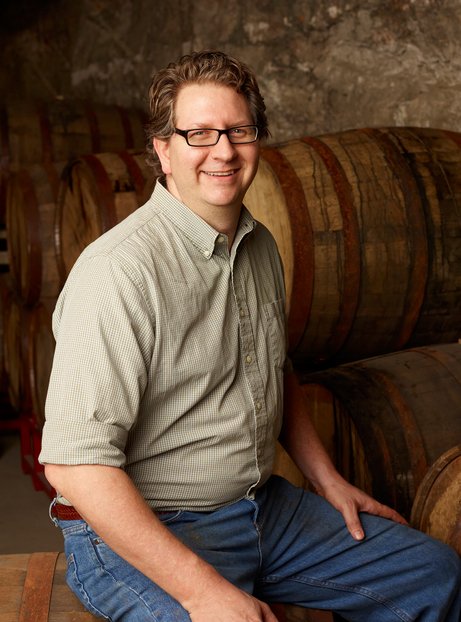
Everyone loves a comeback story, especially when it’s served with a nice, cold beer. Founders Brewing Co. has one of those great redemption stories, and as an added bonus, it’s all about serving and selling outstanding beers. Two college buddies quit their jobs, take out big loans and almost go bankrupt brewing bold beers that they love, but they bounce back. How? Co-founders Mike Stevens and Dave Engbers found renewal and success by actually simplifying their business plan into a few golden rules.
“Make great beer, don’t compromise recipes and don’t compromise your brand,” said Engbers, talking over the phone from his Grand Rapids, Mich., craft brewery. “Ultimately, that’s how we’re all going to do well. That’s how we’re all going to grow as a whole, if we focus on making great beer.”
Today, Founders Brewing Co. is quite a success. Last year, the company celebrated its 15th anniversary by releasing another beer in its avant-garde Backstage Series called Bolt Cutter. It’s a dry-hopped, malty sweet, barrel-aged barley wine, named after the bolt cutters Engbers bought in 2001, fearing the bank might chain his brewery doors shut for defaulting on loans. That same year, Founders revisited its recipe book and redefined its mission statement: Make uncompromising craft beer that we love. While Bolt Cutter is certainly an homage to that mission, there is perhaps a better representation of Founders’ comeback beer story — the Founders Porter — which (like Founders) almost didn’t make it.
The Founders Porter was launched as one of the four main beers in Founders’ original portfolio back in 1997. It was a seasonal at first, and it also got a big tweaking in style and flavor in the 2001 renovation. It also disappeared for a while. Around 2005, Founders was growing so quickly that it didn’t have enough fermenters to brew all of its styles. Dirty Bastard Scotch Ale and Centennial IPA were outpacing other recipes, so in order to foster more growth, the company decided to shelf Founders Porter and Founders Imperial Stout.
“We really had to make way for higher volume products,” Engbers explained. “But when we moved into our new facility in November of 2007, we made the decision to bring Porter and Imperial Stout back, but Porter came back as a year-round product instead of a seasonal. I really pushed for us to bring Porter back year-round just because I think the style was getting a little bit more attention. At this point, we were distributing on the East Coast. In those New England and Mid-Atlantic states, there are a lot of porter drinkers out there. We reintroduced it, and our sales have been increasing every year.”
Founders Porter sales were up 85 percent in 2012, according to Engbers, and that outpaced Founders’ growth overall, which was 82 percent. Today, Founders Brewing is Michigan’s second-largest beer maker, and it was ranked No. 42 on the Brewers Association’s list of the top 50 largest craft breweries in the United States in 2011. Founders brewed about 71,886 barrels in 2012 and has projected to push that to 130,000 barrels in 2013. The Founders Porter will be a big part of that growth.
“Porter is just one of those beers that has a special place in my heart,” Engbers said. “It’s one of those beers when you drink it, you think, ‘Oh man, why don’t I drink this beer more often?’ One of our wholesalers on the east side of the country used to say, ‘Porters — it’s everybody’s favorite style of beer that they never buy.’ I definitely think porters in general tend to be an overlooked category.”
In a glass, Founders Porter might first look intimidating to some. It’s as dark as any stout, but it’s got a sweet side. It has tons of chocolate malt in it, and it boasts a fairly complex malt bill overall, brewed with a lot of Munich and crystal malt. Yet, it’s also simple. There are a lot of porters in the craft marketplace today that have tons of adjuncts, but the Founders Porter is just a straight-shooting, robust porter (no vanilla, no smoked malt and no other spices). On the label, a picture of a mysterious, attractive woman (in period-piece attire) tries to persuade any unconvinced beer drinkers.
“We all thought she was beautiful and reminiscent of a young Stevie Nicks,” Engbers said.
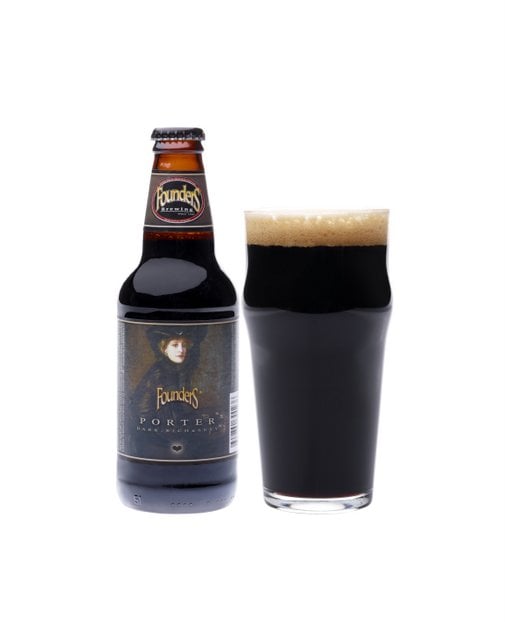
On the Founders website, the porter has an interesting tagline — “It’s a lover, not a fighter.” We might have to disagree. Even with its sweet chocolate and caramel flavor bill, the Founders Porter could bandy with almost any porter around. Of course, the future of Founders will rely on a diverse repertoire of craft beer, and many of the next generation of beers will be much more experimental than Founders Porter. Namely, for the last two years, the Backstage Series has been taking Founders’ exploratory taproom ideas and bringing them to the public via 750-mL bottles.
In 2013 alone, Founders will release three additional beers in its Backstage Series, complementing mates like Blushing Monk (a purple-red raspberry beer), Bolt Cutter (the aforementioned barely wine) and Curmudgeon’s Better Half (an old ale brewed with molasses and aged in oak, then aged in bourbon barrels that had formerly aged maple syrup). To balance out these bold new beer choices, Founders is also hedging its bets with a clever product called All Day IPA. Originally available in four markets (Michigan, Ohio, North Carolina and Chicagoland), All Day IPA is a crushable, lower ABV session beer that’s still a big, bold in-your-face Founders beer. It will be released to the entire Founders footprint beginning on March 1. All of these new beer choices represent an ongoing ebb and flow in the craft brewing industry.
“I do see a lot of trends,” Engbers said. “In the ‘90s, there was the whole craft beer revolution. It seemed like a race, and everyone was trying to differentiate themselves. In the late ‘90s and around the turn of the century, it seemed like everyone was hitting the extremes. Whose beer was the strongest beer? Who’s got the maltiest beer? Who’s got the hoppiest beer? Who’s got the most bitter beer? Since then, we’ve seen the Belgium beer revolution, and now there seems to be a focus on barrel aging. As that’s shaking out, another path is the novelty beer. It seems like people are putting everything in the beer but the kitchen sink.”
Just like the industry, Founders has changed and will continue to change. When the company opened its new brewery in 2007, it only had around 18 employees. Today, Founders employs a brew crew of about 127, distributing products to 23 different states. But as much as things have changed, they’ve also stayed the same — namely Engbers’ and Founders’ mission to make uncompromising craft beer.
“Part of it was really identifying who we were and what was our mission,” he said. “And today, how do we continue to maintain our vision with our quickly growing company? How do we maintain the culture of who we are? After you define that, it really makes your ability to make decisions a whole lot easier.”

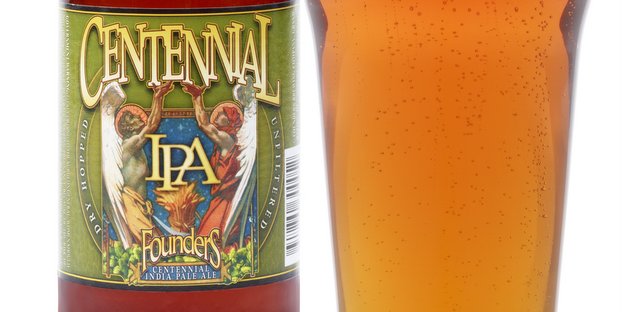
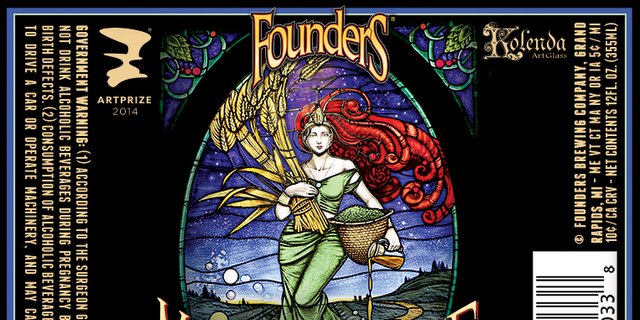
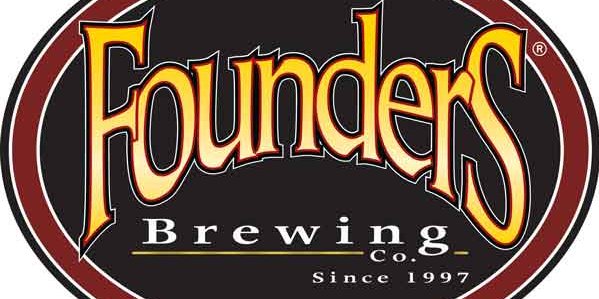
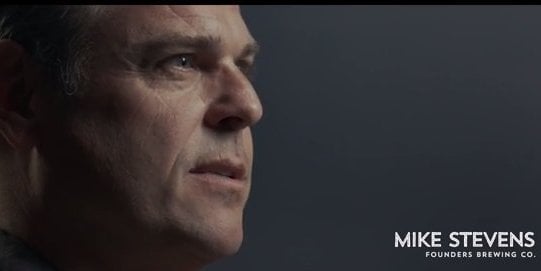
Leave a Reply
You must be logged in to post a comment.